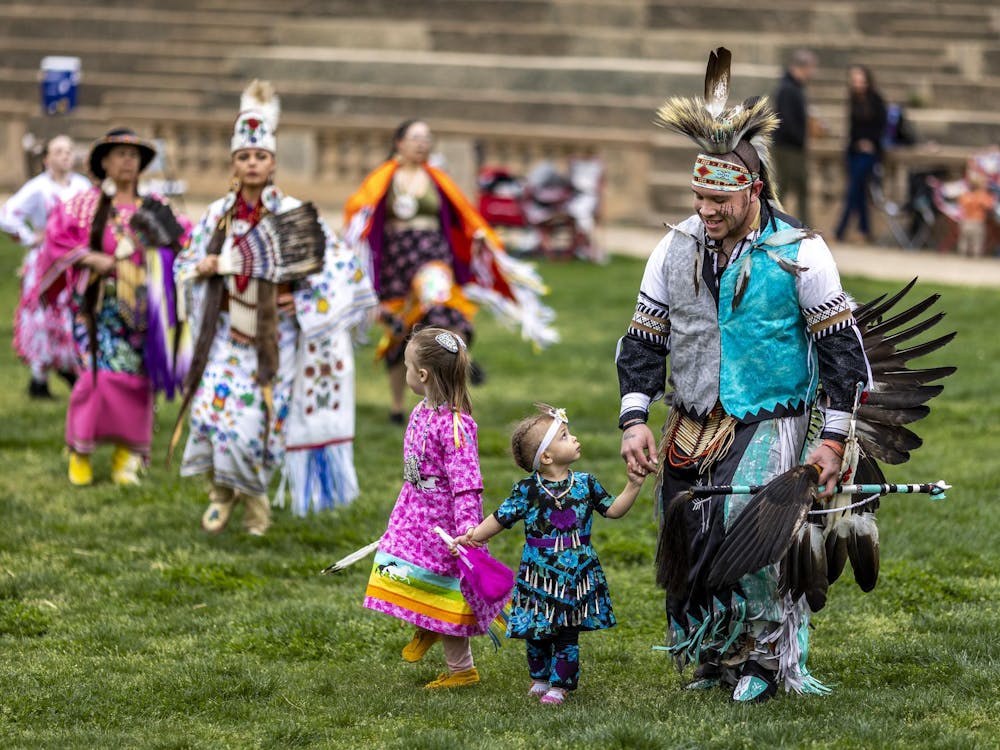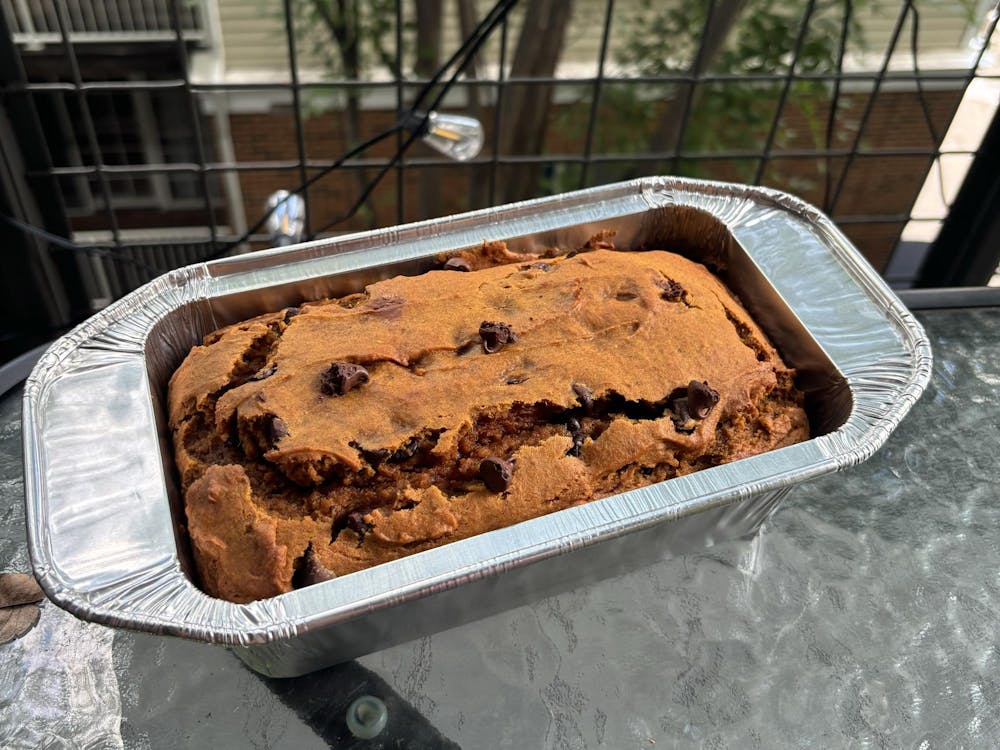People are too nice, and I’m tired of hearing too much of the same thing. I’m tired of hearing my TA say, “Yeah, that’s a really good point!” when I didn’t even do the reading. I’m tired of my friends saying, “You’re going to do great. You got this,” when they have absolutely no idea what my test is even on. And most of all I’m tired of hearing this boy tell me, “I want to see you,” when it’s been more than a week since the last time he actually made an effort to do so.
I’m tired of conversations turning to silence in lieu of constructive criticism, because we’re too
damn concerned with hurting feelings, dancing around issues and saving face.
In English papers, I constantly find myself writing about a character’s “position in society.” He’s “defined by other people,” and lives within the “constraints of society,” because of some arbitrary position he occupies or reputation he has.
Well, what about me? What about you?
It’s become a cliché to say, “I don’t care what anyone else thinks of me!” But what about, “I don’t know what anyone else thinks of me!”
Behind all of the trite, polite, and politically-right comments made to me about me, I know there’s so much more. But I don’t know what it is.
I could write a book about each of my loved ones. I could write about what situations she is best in, what mood of his ticks me off, where she thrives and where he could improve. When I know he’s lying, but where she makes up for it later. Why the boy never texted her, or why the girl did call him.
I’m just as dynamic a character as anyone I associate myself with, so why can’t I know these things about myself? These things I spend so much time recognizing in my friends?
To our downfall, we’ve been misleadingly taught since youth that to respect someone is to respect their feelings — their personal bubble, or whatever you want to call that little space in which we all feel at home. It’s a space where we catch ourselves finding maybe too much refuge after a difficult time. And because of that, I find myself at a loss. How can I place myself within the context of others’ thoughts and opinions? I want to know who I am — not who I think I am — but to ask or be told is almost out of the question.
It’s a coping mechanism to repress unsettling moments: bad grades, snarky comments, bitchy looks, ugly photos and emotional talks. We do everything in our power to avoid these mini-traumas, and for the most part work to avoid creating them for others. This translates into a reluctance to be honest, forthright and critical of others when the time is right. In the name of self-protection, we miss the appropriate opportunity for bettering others.
Why does “helpful” or “constructive” or even “honest” have to be synonymous with “rude?”
I wish we didn’t have to qualify every less-than-complementary statement with, “Well, I was just looking and I noticed…” or “No offense, but…” or “But other than that you’re doing a great job!”
Words lose their meaning. They become formalities, simply fillers to make us feel better about what we’re about to say.
If we are such self-serving creatures, as we are so constantly characterized as by philosophers, biologists and the like, why can’t we just say “leave me alone,” without feeling so sympathetic for the feelings of the person on the receiving end?
How much happier could I be, or how much wider would my skillset be, if I’d been directed more stringently in my education and behavior? How much time would I have saved pining over boys who knew from the start they’d never be with me, or how much money could I have saved on clothes that didn’t actually look good on me?
Moving forward, I hope we can be more honest with each other and stop suppressing opinions for fear of hurt, because with a little emotional adjustment, we’d all be better off.
Valerie’s column runs biweekly Fridays. She can be reached at v.clemens@cavalierdaily.com.




